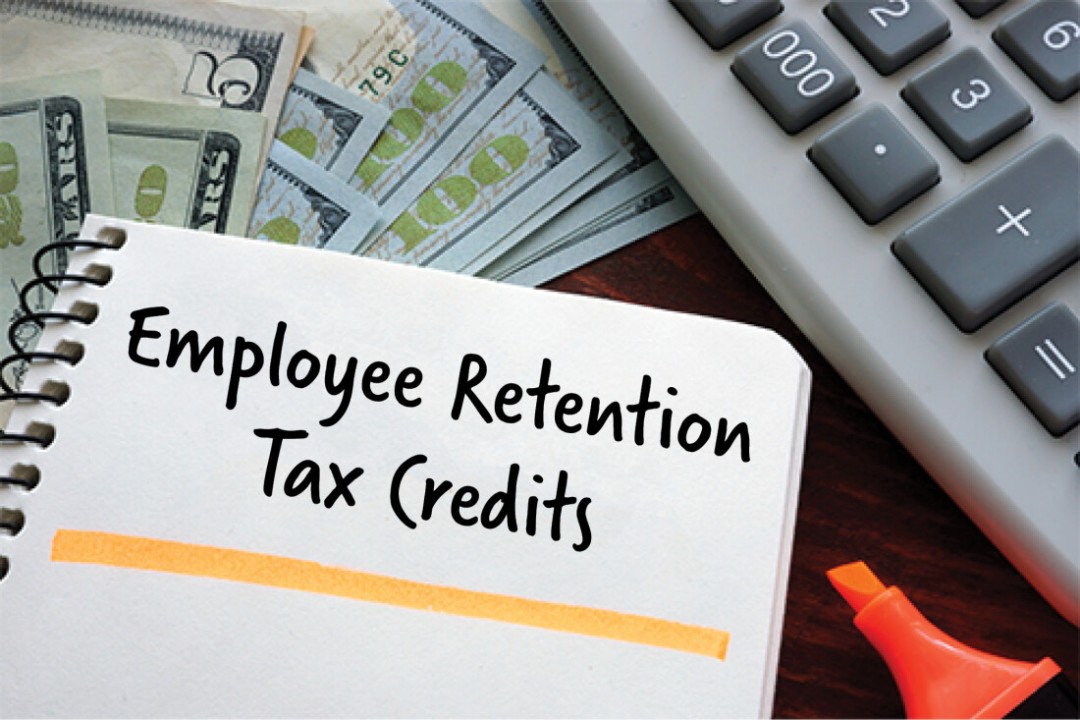After some dishonest promoters marketed misleading information about Employee Retention Credit eligibility rules to business owners, the Internal Revenue Service (IRS) released a list of seven signs of potentially incorrect ERC claims and encouraged businesses to seek a trusted tax professional to resolve any possibly incorrect claims.
At Dayes Law Firm, one of the services we offer is ERC compliance work. We can help you ensure full compliance with IRS regulations when it comes to this tax credit, and assist you with audit support, ERC refund actions, second looks, and more. But for now, let’s take a look at the warning signs of incorrect ERC claims the IRS released.
Potential Warning Signs of Incorrect ERC Claims
According to the IRS, qualifying for all quarters available to claim the ERC is uncommon, so claiming a high number of them is a warning sign to the agency. A tax attorney can help you carefully determine what quarters your business qualifies for.
Plus, “some promoters told employers they can claim the ERC if any government order was in place in their area, even if their operations weren’t affected or if they chose to suspend their business operations voluntarily,” which is not true. Qualifying government orders are an important aspect of the ERC and also must be carefully adhered to.
Employers should also closely review the rules on supply chain issues because simply having a supply chain disruption doesn’t qualify an employer for the tax credit. Citing this may also be a warning sign to the IRS if you don’t also make sure you meet the requirements to do so.
Then there are the calculations involved with the ERC and eligibility regarding claiming it for your employees. “Employers need to meet certain rules for wages to be considered qualified wages, depending on the tax period,” the IRS noted. Carefully reviewing all calculations and every employee record involved is important, and another task a tax attorney can assist you with.
Some businesses even tried to claim the ERC when they didn’t have employees or even exist during the time they were trying to claim the tax credit – an obvious warning sign to the IRS! As a reminder, “Employers can only claim ERC for tax periods when they paid wages to employees,” the IRS reported, and you should only claim for tax periods in which your business existed.
The agency also noted that “Businesses should check their claim for overstated qualifying wages and should keep payroll records that support their claim,” because another warning sign involves businesses claiming the tax credit for too much of a tax period when it is actually uncommon for an employer to qualify for credit for the whole calendar quarter. Tax attorneys can help you avoid this warning sign, too.
Finally, business owners should be concerned if an ERC promoter advised them to claim the ERC because there was “nothing to lose.” In fact, incorrectly claiming the Employee Retention Tax Credit makes business owners run the risk of repayment, penalties, interest, an ERC audit, and more. If this is something a promoter said to you and you have concerns about the legitimacy of your claim, you might want a tax attorney to take a second look.
How Dayes Law Firm Can Help
You may have fully believed that you and your business legitimately claimed the ERC when you turned in your claim, but based on IRS guidance and warnings, you might have some reservations today. Fortunately, a tax attorney may be able to help you.
Read more Blogs
At Dayes Law Firm, our experienced tax attorneys are here to provide you with the guidance and support you need to take full advantage of the ERC, but also to assist you with second look and compliance efforts. We can help you look over your claim and make sure it doesn’t need to be withdrawn, or assist you if you’re hit with an IRS ERC audit.
Please call our firm at (800) 304-8888 to see how we can help in a free, no-obligation consultation today.


